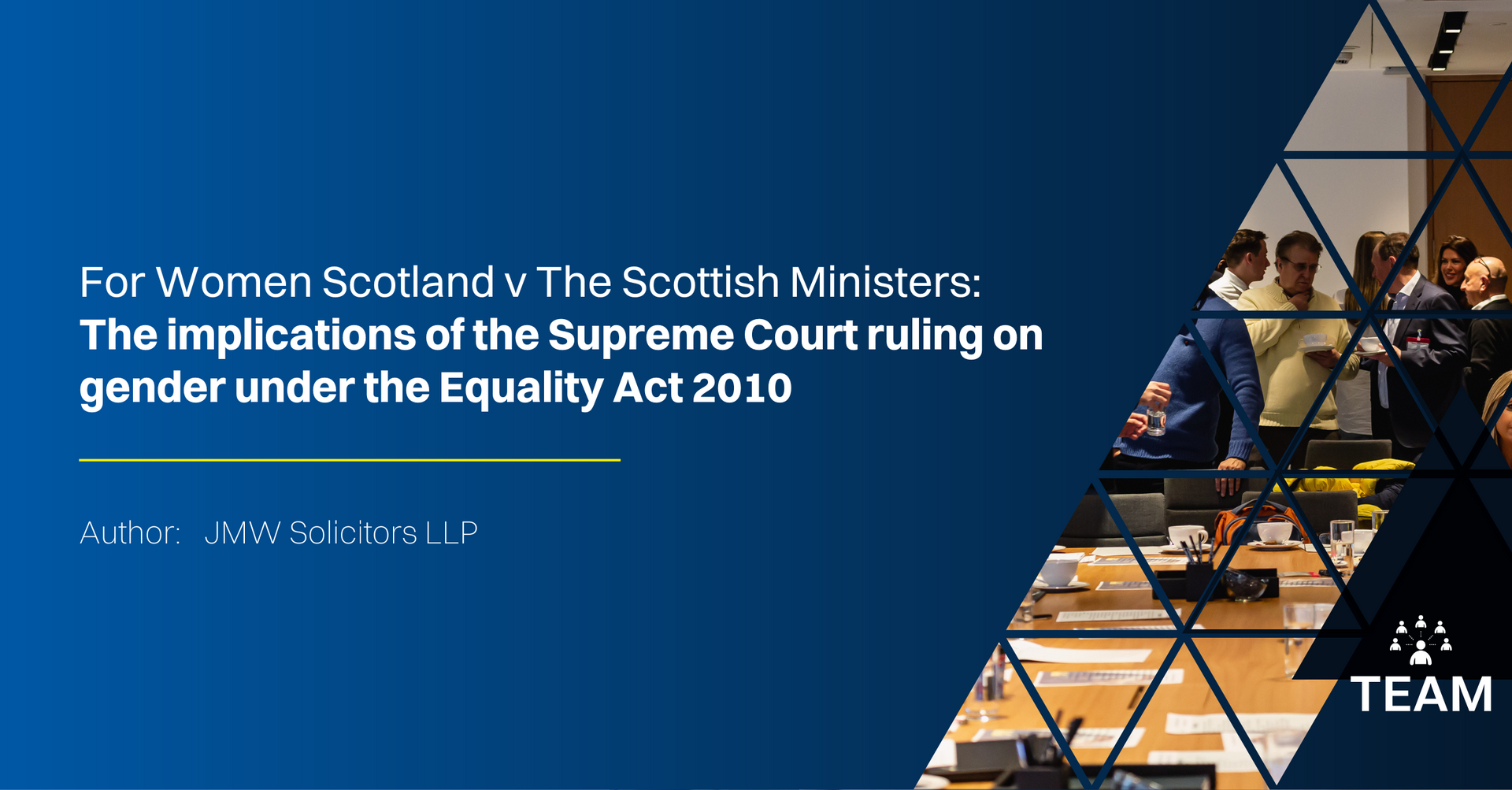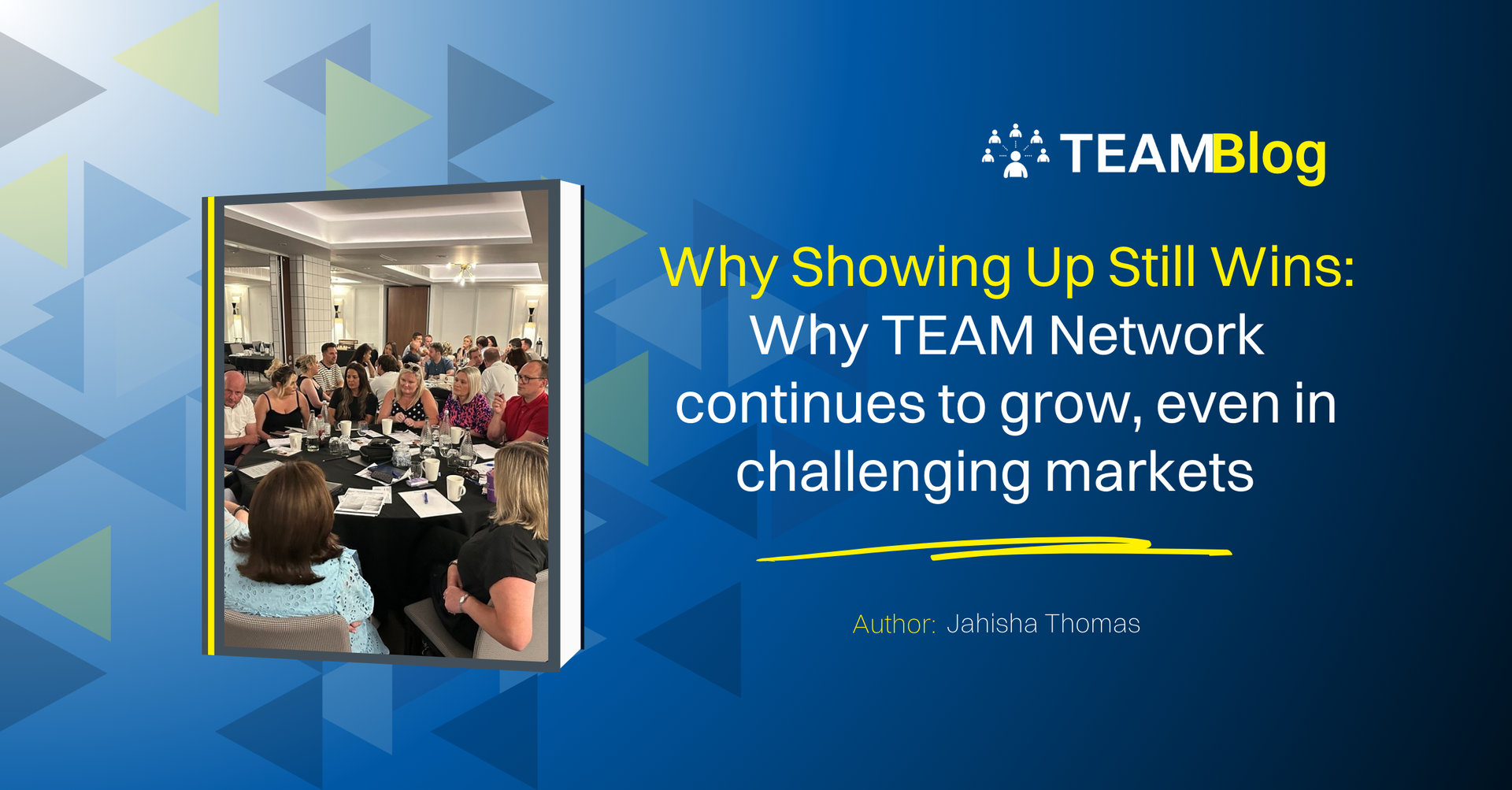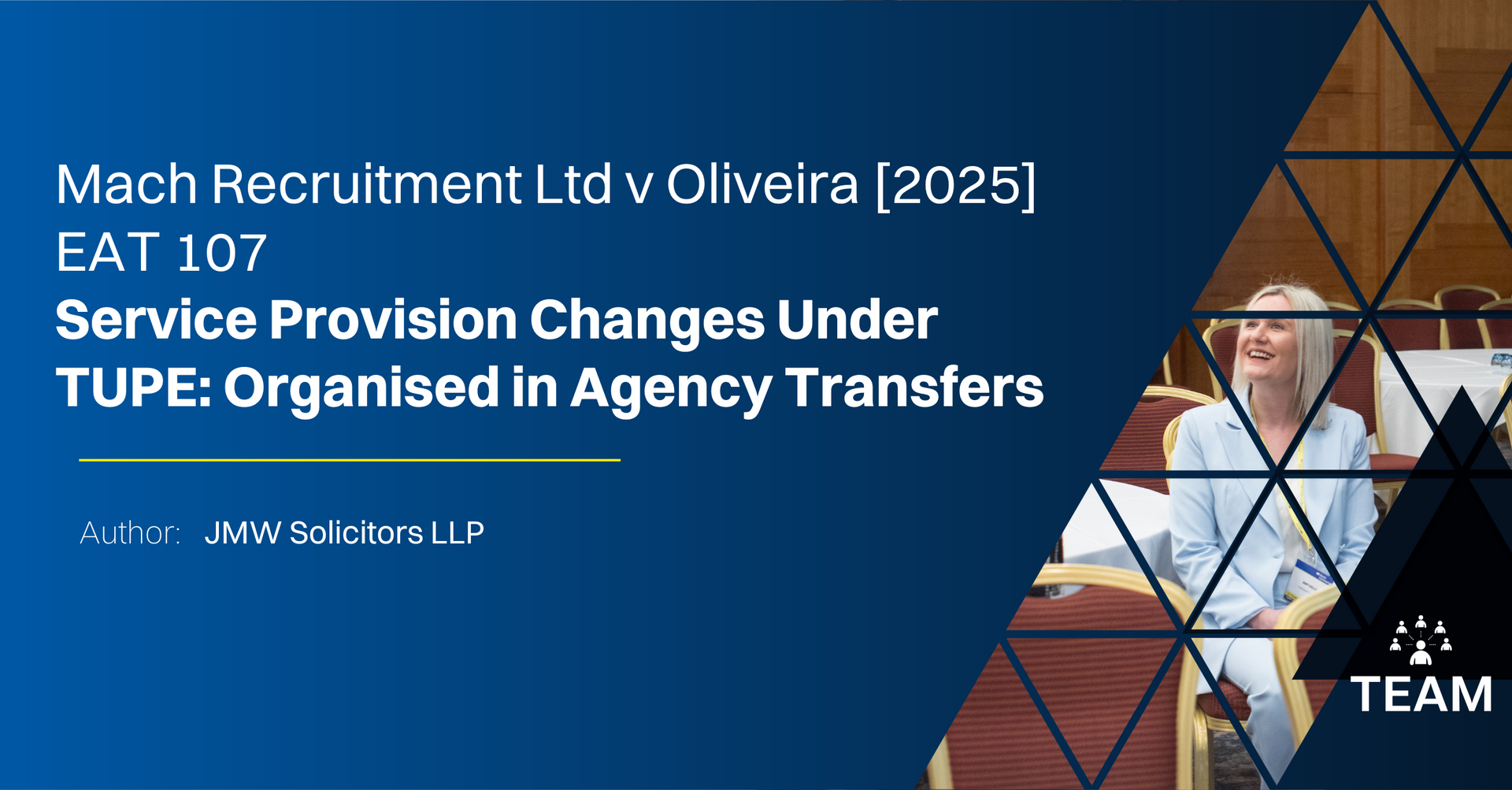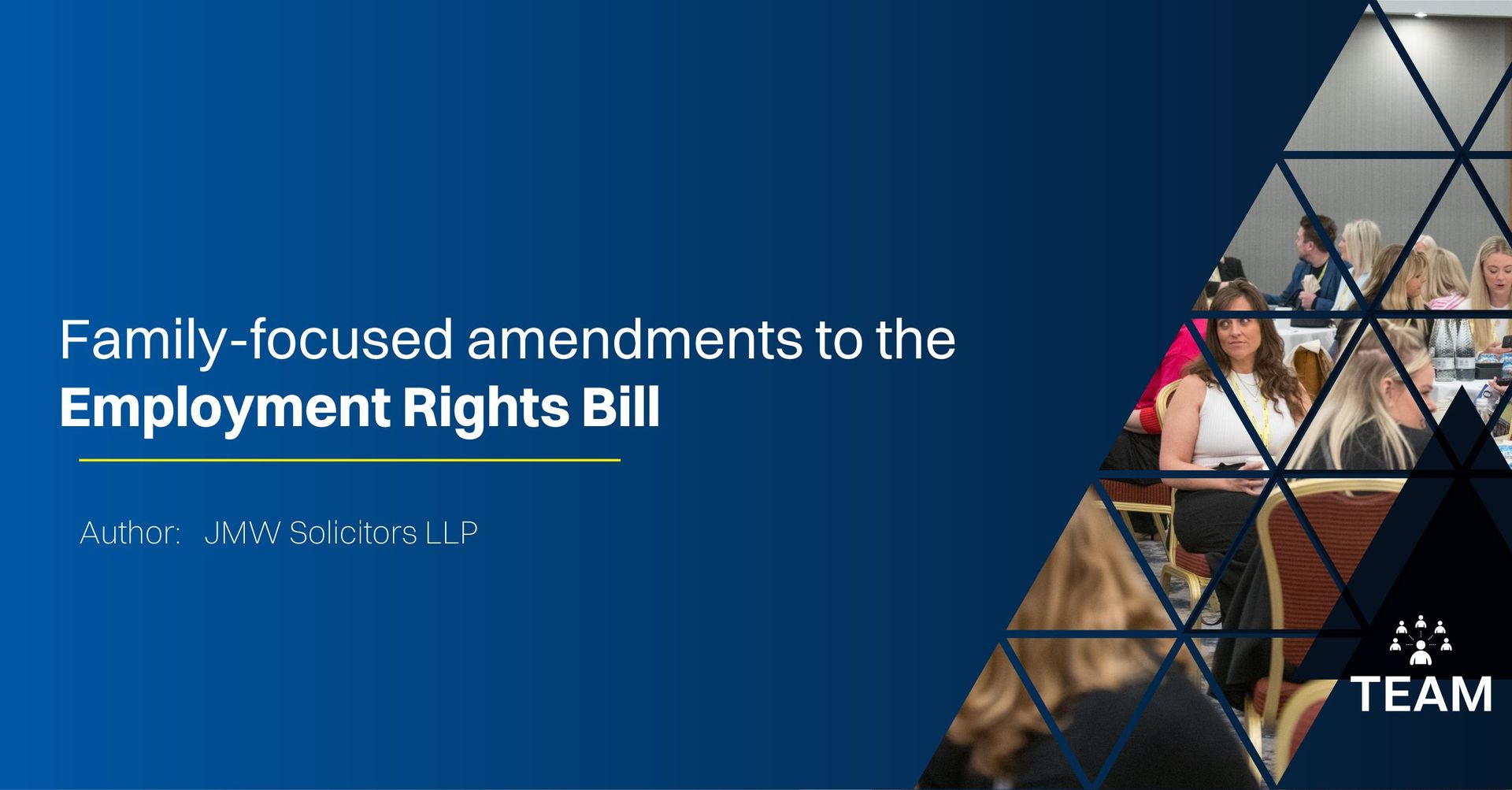A solo recruiter juggles many hats. But, like any other recruiter and agency, there is a substantial drive to make quick, quality placements. In this candidate-driven market, top talents do not last long in the jobs market. Therefore, the solo recruiter running the entire business single-handedly needs a little extra support from candidate skills testing software.
Recruitment is a notably competitive industry. If you are an independent recruiter, you are likely to be experienced with a reliable network and pool of candidates. Despite all that, you realise it is not easy to find, engage and place good candidates.
Identifying skilled candidates and ensuring their suitability before placing them is at the crux of recruitment. But the trajectory to a successful placement is not smooth.
The competitive hiring environment necessitates speedy work. Time is a precious commodity. Talented job seekers never lack good opportunities. The race against other recruiters to get the best available talent as quickly as possible can be taxing.
Moreover, as a solo recruiter who has numerous other tasks to contend with every single day, how can you prepare to effectively win this battle for top talent?
Skills assessment tests – uses and impact
Pre-employment skills testing is critical in evaluating applicants. Banking on CVs, interviews and reference checks to provide a holistic view of candidates is rather restrictive. These do not present a comprehensive understanding of a candidate’s abilities and potential.
Solo recruiters get a competitive edge when they have the foresight to embrace candidate skills testing. It helps in:
- Quick filtering of mass applications
- Standardised tests from neutral source to prevent bias
- Improves pool of short-listed candidates
- Checks for skills exaggeration
- Provides an additional method to gauge applicants
Therefore, recruiters who are single-handedly responsible for talent acquisition, client meetings and strategising for business growth must incorporate candidate skills testing and good skills testing software as a fundamental element of the recruiting process.
Good recruitment leans more towards ensuring that the skilled candidates are truly qualified for the role they will be stepping into. Recruiters must verify that they have the skills required to carry out their responsibilities competently.
And this is not limited to technical skills like literacy, numeracy or accounting. Hiring companies also value an employee’s cognitive abilities. Some skills tests evaluate an individual’s aptitude for problem-solving and critical thinking.
Testing candidate skills online is time-saving and an effective system for the solo recruiter who can send the test to a big group of applicants in a couple of minutes.
Besides, this is more convenient than spending days trying to arrange logistics for tests involving all candidates.
Online skills testing eliminates this problem immediately. You can simply choose either one or more of the tests to send to an individual or a group of applicants. Candidates will take the test online from wherever they prefer. The test results appear in the recruiter’s inbox once the candidates finish.
Quick, quality recruitment – engaging the right candidate with the right skills testing software
Prompt, evidence-based data reinforces the benefit of using skills testing software. Hence, it’s crucial to pick the right software as it is interconnected to the accomplishments that recruiters want to achieve.
Trying to make a selection from a large catalogue of skills testing software solutions is not easy. Bear in mind that any software recruiters choose must integrate properly with their recruitment CRM. It helps the users derive maximum benefit when a skills assessment system works perfectly with the recruitment software in use.
Going with a one-size-fits-all solution is detrimental to your recruiting business. It is necessary to be meticulous when combing through the options in the market. Don’t resort to using just any skills testing software that seems appropriate at first glance.
As a solo recruiter, recruiting tools that enhance your productivity is key. So, partner with a supplier who offers a solid library of tests that allows you to examine candidates for diverse roles. Check if the software is easy to navigate. Do you get easy access to the test results? Can you compare individual performance results?
Take advantage of free product demos. This is the time you get to ask questions tailored to the way you conduct your business. You can also assess the software features, functionality and speed in action. Get the consultant to clear any doubts you might have.
If you are a solo recruiter aiming to provide well-rounded recruitment support, include a skills testing software system to complement your hiring process.
Hiring companies value the care taken by recruiters to ensure that they’re getting the best-qualified candidates.
The right skills testing software will help you eliminate guesswork when it comes to assessing candidate-job fit. Instead, you will acquire tangible evidence of their skillset and potential that help you make informed hiring decisions.
SERVICE PROVIDER SPOTLIGHT
This article has been provided by TEAM Service Provider – ISV Online
ISV.Online is the leading supplier of skills testing software and services to the UK Recruitment Industry. Used by 9 of the top 10 UK agencies, by number of offices, and 7 of the top 10, by revenue, ISV.Online offers candidate skills assessment and evaluation software and online training tools, allowing agencies and in-house HR/recruitment teams to validate the skills of potential candidates and existing employees across a wide range of areas.












